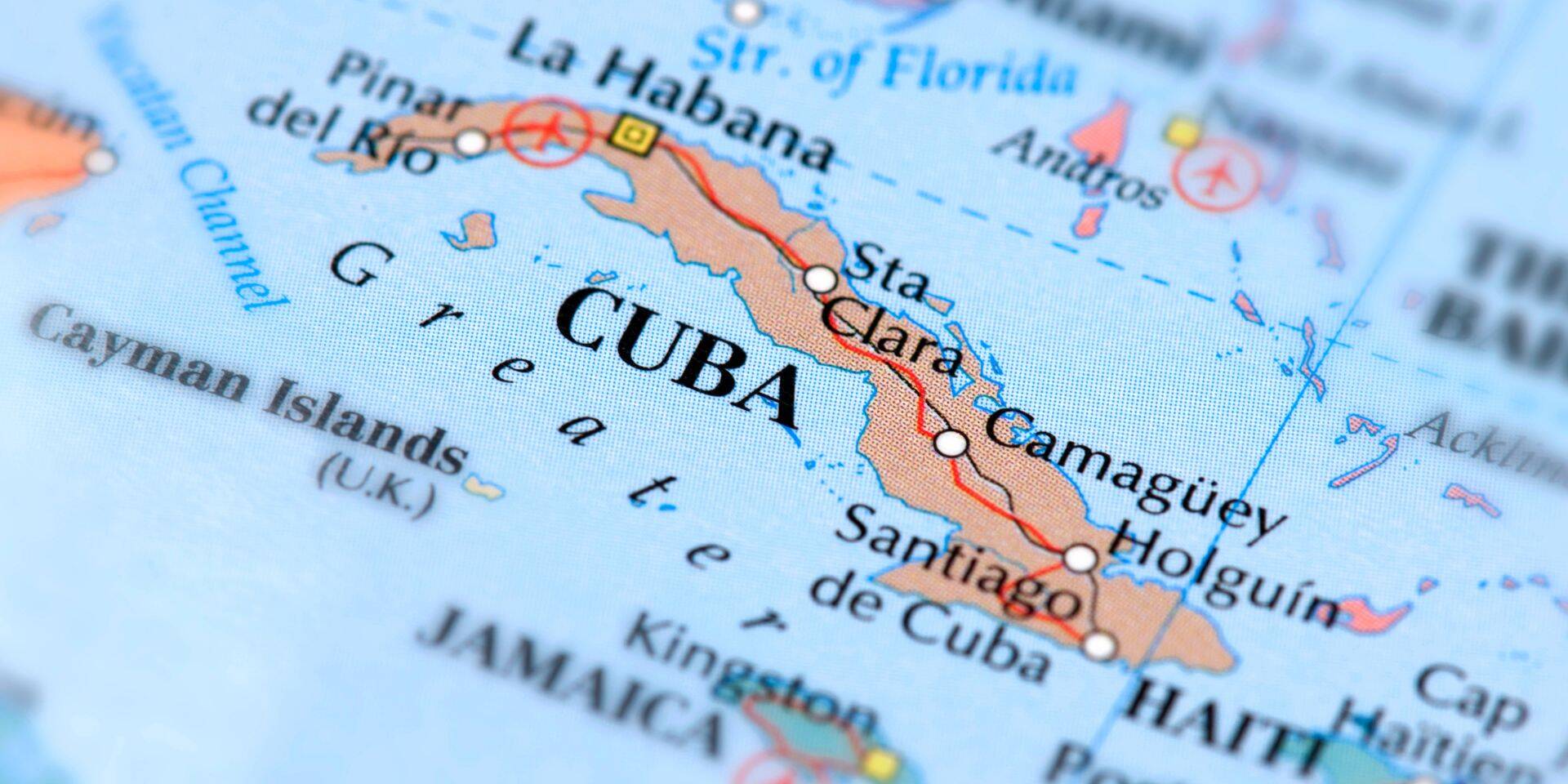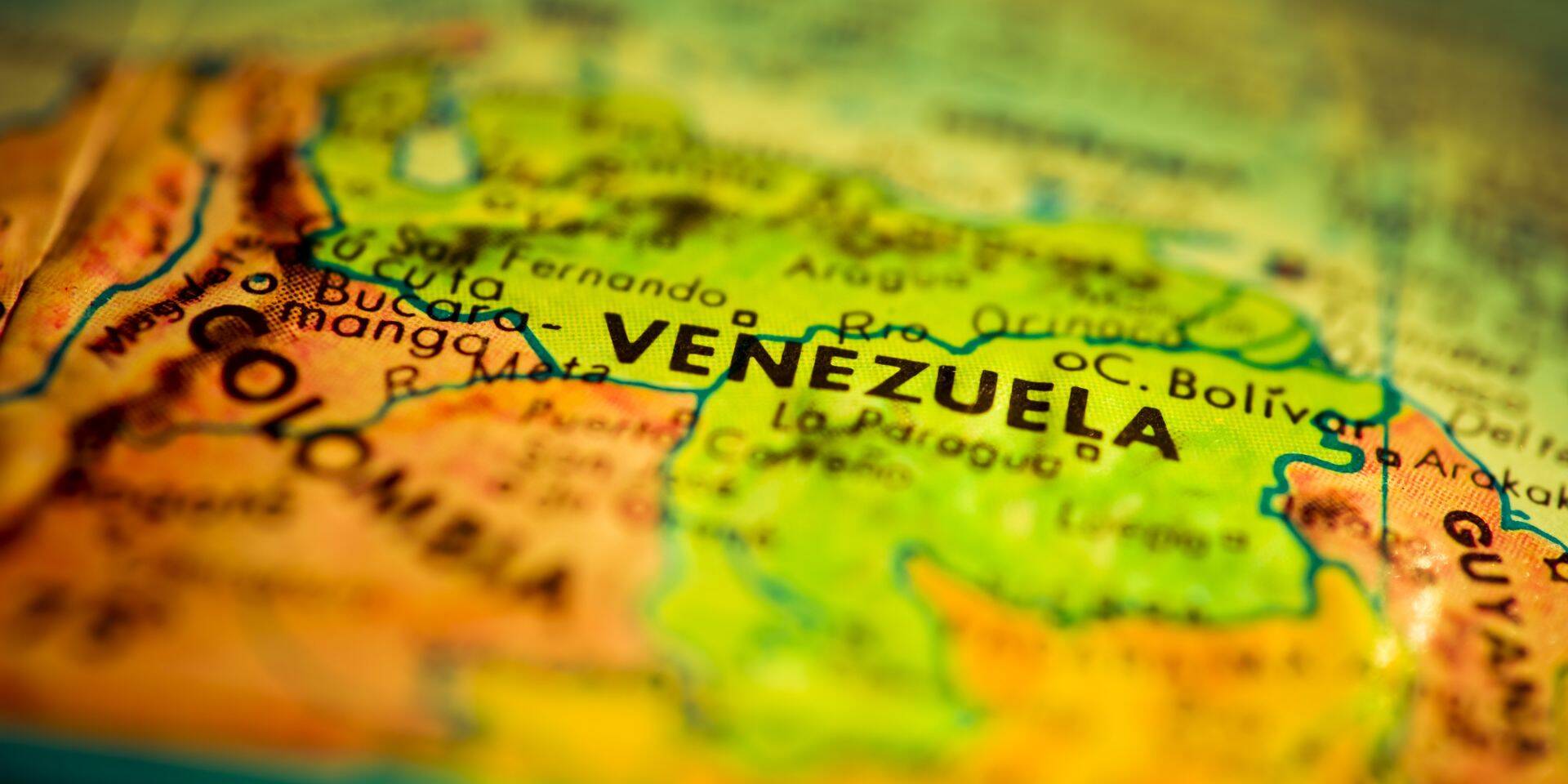On February 24, 2020, USCIS implemented the Inadmissibility on Public Charge Grounds final rule nationwide. This rule requires that USCIS consider whether an immigrant seeking to change or extend their respective status, as well as adjust status to a Legal Permanent Resident obtained public benefits (i.e. Medicaid) during their presence in the United States. State, local or tribal benefits are not considered public benefits within the framework of this rule. Furthermore, testing, screening or treatment for communicable diseases – including the acquisition of vaccines as a preventative measure against vaccine-preventative diseases are also excluded from this rule. Additionally, the rule is not retroactive. This means that benefits — other than cash or long-term care at government expense — that are used before the rule is effective on February 24, 2020, will not be considered in the public charge determination. Nevertheless, the rule does not directly block anyone from obtaining public benefits. However, in practice, it may discourage would-be benefit recipients from seeking public assistance. Essentially, the acquisition of public benefits now may result in future inadmissibility. Nevertheless, the receipt of public benefits alone will not be determinative. USCIS will consider multiple factors in determining the inadmissibility of any respective individual.[i]
| Benefits Included for Public Charge | Benefits Excluded from Public Charge |
| · Cash Support for Income Maintenance*
· Non-Emergency Medicaid** · Supplemental Nutrition Assistance Program (SNAP or Food Stamps) · Housing Assistance (Public Housing or Section 8 Housing Vouchers and Rental Assistance) * Included under current policy as well; ** Exception for coverage of children under 21, pregnant women (including 60 days post-partum) |
ANY benefits not on the included list will not be applied toward the public charge test. Examples include:
· Disaster relief · Emergency medical assistance · Entirely state, local or tribal programs (other than cash assistance) · Benefits received by immigrant’s family members · CHIP · Special Supplemental Nutrition for Women Infants and Children (WIC) · School Breakfast and Lunch · Energy Assistance (LIHEAP) · Transportation vouchers or non-cash transportation services · Non-cash TANF benefits · Tax credits, including the Earned Income Tax Credit and Child Tax Credit · Advance premium tax credits under the Affordable Care Act · Pell grants and student Loans Any other program not listed in the left column |
Provided by Protecting Immigrant Families (https://protectingimmigrantfamilies.org/analysis-research/).
On Wednesday, July 29, 2020, a federal judge in New York issued a temporary, nationwide injunction preventing the public charge rule from taking effect as long as there is a COVID-19 national health emergency declaration in effect. The injunction comes as the world – and by definition, the United States – grapples with the COVID-19 pandemic. Opponents feared that the public charge rule would discourage, prevent, and punish immigrants for using welfare or other equivalent benefits during this pandemic. The absence of such benefits may have adverse and counterproductive effects on this nation’s pandemic response efforts by hindering people from receiving the necessary access, care and attention required to more effectively combat the pandemic. According to Judge George B. Daniels – the federal judge who issued the injunction, “the rule has demonstratively failed the first real-world test of its application.”
USCIS has not commented on how it will proceed following the recent nationwide injunction. It remains to be seen whether USCIS will revert to its old practices, delay the implementation of the new rule or even pursue a different approach. ILBSG will continue monitoring the developments surrounding the ‘Public Charge’ Rule and provide appropriate updates as more information becomes available.
[i] https://www.uscis.gov/green-card/green-card-processes-and-procedures/public-charge
Related Posts
April 2, 2025
Judge Rules Venezuelans Can Temporarily Keep TPS Protections
A federal judge temporarily halted the…



